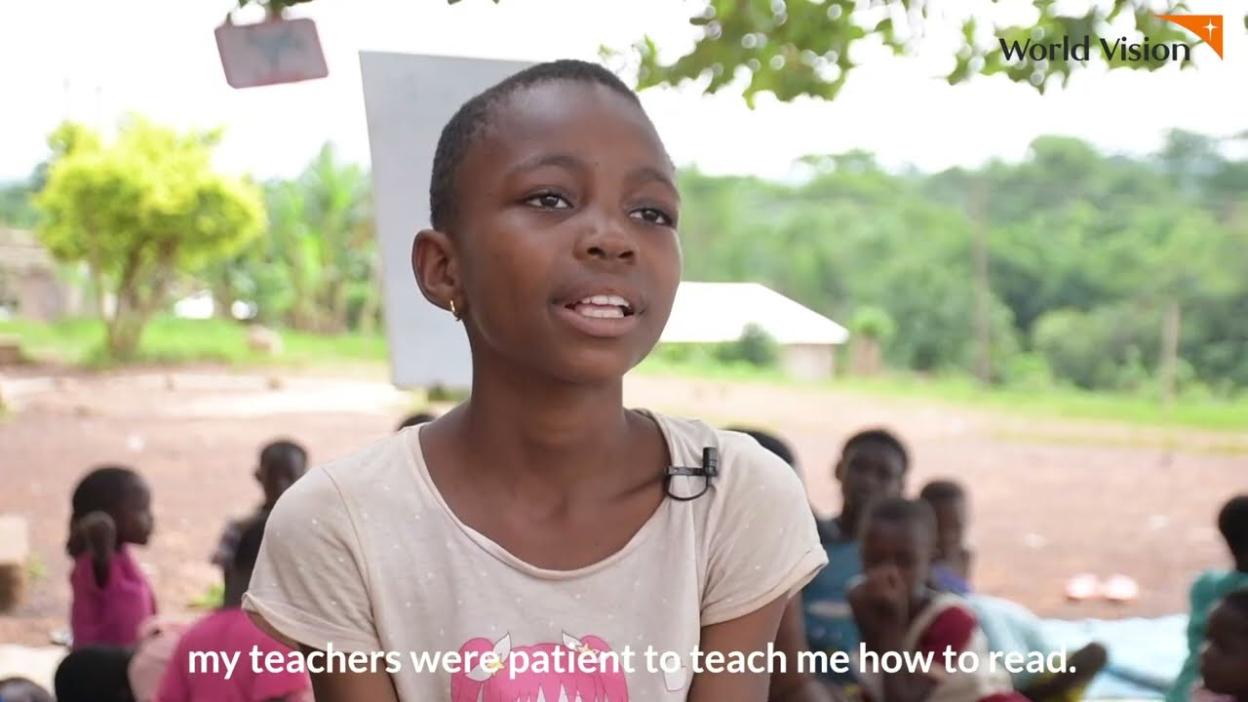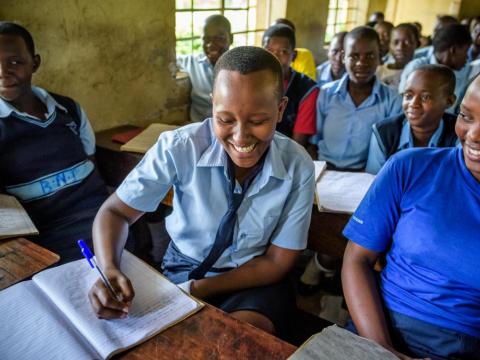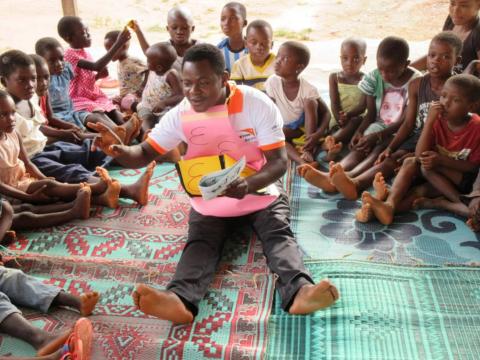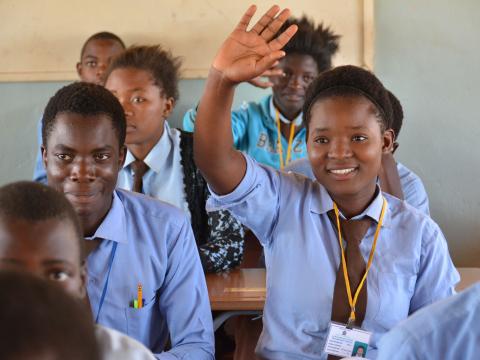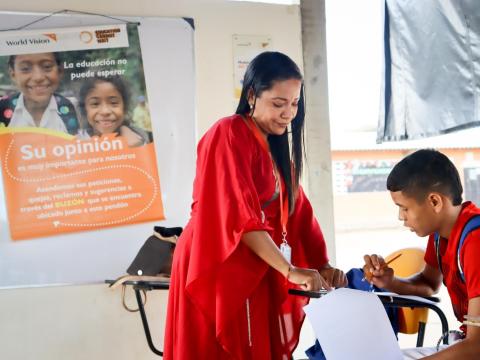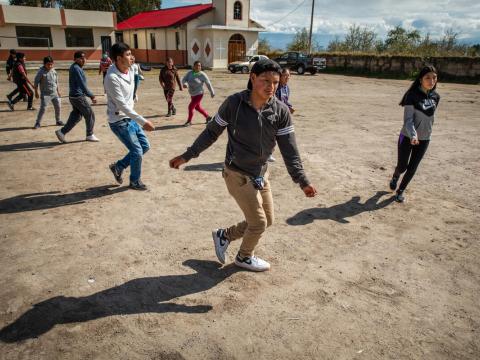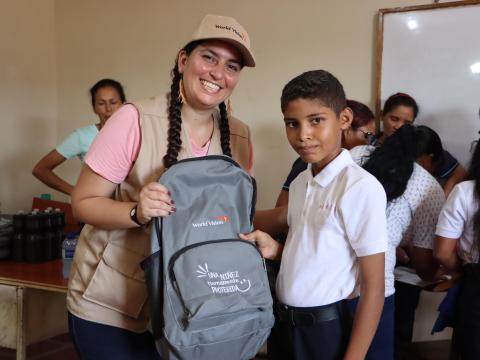
Education
Our Impact
A world with education for all
We are making progress. But there’s more to be done. All children have the right to a safe, inclusive and quality education. We want all children to be educated for life, in a safe and nurturing environment, in order to lead productive and fulfilling lives.
Our unique, community-led, whole child model, refined and expanded over our 70-year history, helps establish sustainable child wellbeing solutions. Our education programme focuses on improving the access to and quality of learning opportunities for all children from birth, through childhood and adolescence.
We measure our success by the positive improvements in children’s learning outcomes in cognitive, social and emotional, life and livelihood skills. Our digital survey tool, MEQA, enables on the ground, real time implementation assessment and coaching; and provides detailed, accessible data for project management decisions.
We work hard to reach the most vulnerable children such as those in extreme poverty, with disabilities, out-of-school children, and affected by crises. Our approach fits and adapts continuously to diverse and rapidly changing contexts across the development, humanitarian and peace nexus.
We work with local partners to drive the social behaviour change required to address obstacles to children’s developmental and learning journey. In coalition with others we strengthen education systems at household, community, national and global levels.
Our education programmes around the world
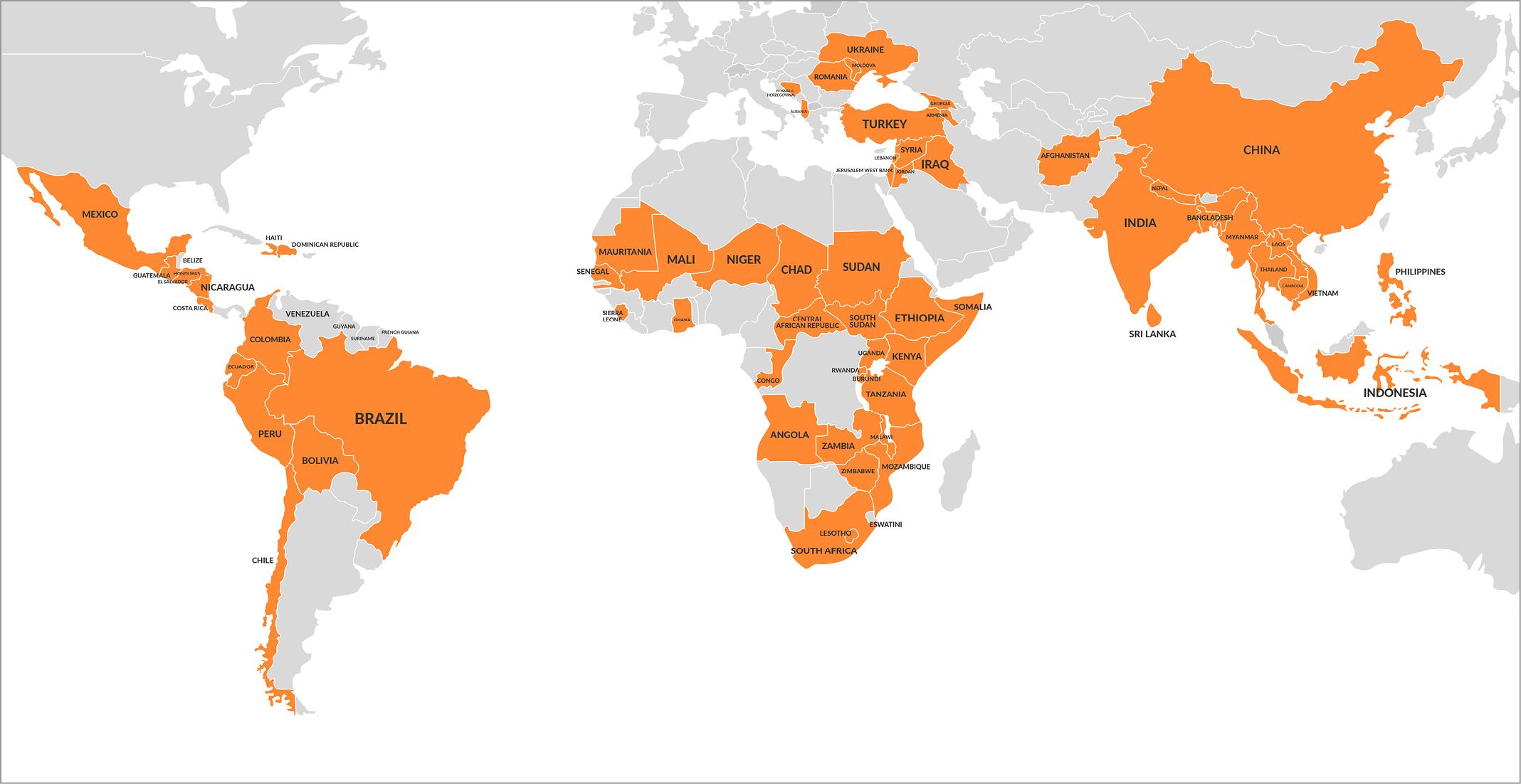

World Vision Education Technical Briefs
World Vision's Catch-Up educational programme
Our approaches to change
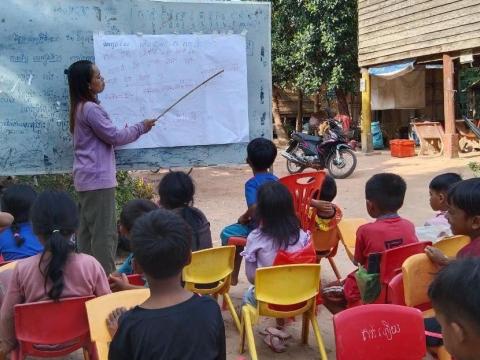
Catch Up programme
The Catch Up Programme is an adaptable approach to support children at the highest risk to build foundational skills and return to education through community-based clubs.
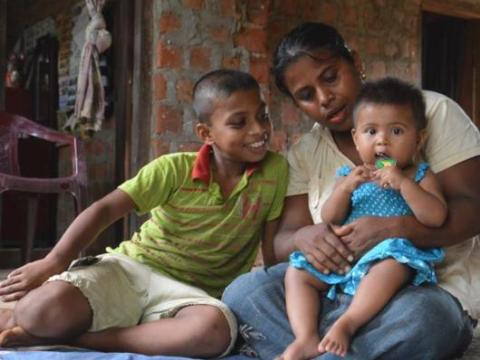
Go Baby Go (GBG)
Go Baby Go (GBG) is a project model that aims to provide a strong foundation for kids in their first 2,000+ days of life (Ages 0-6 years old).
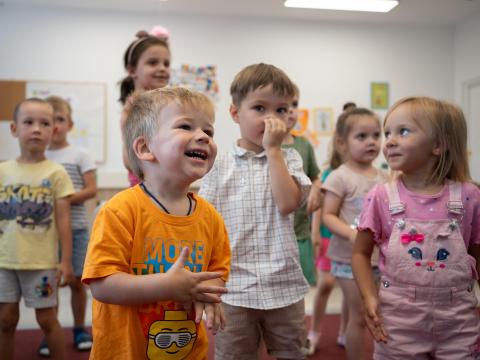
Learning Roots
Learning Roots is a play-based learning approach that supports holistic development of children from age three through six. Learning Roots lays the foundation for successful transition to primary school and life-long learning. It engages caregivers so that they can provide nurturing care; works to strengthen quality of local ECD centres by training teachers and creating safe, playful learning environments; and strengthens systems to foster sustainable support for children by working with local and national networks. Find out how to assist with the earliest years of a child’s life are a window of opportunity to support the emergence of literacy, numeracy and life skills.
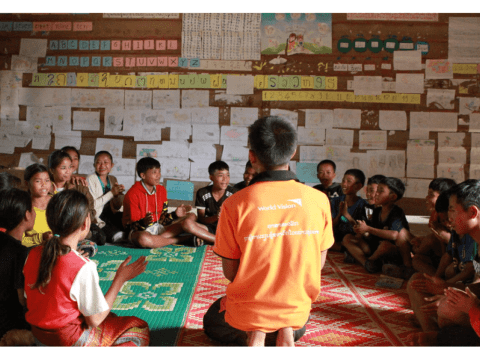
Unlock Literacy
Unlock Literacy is World Vision's evidence-based approach to ensuring children, especially the most vulnerable, read with comprehension and develop a love of learning,
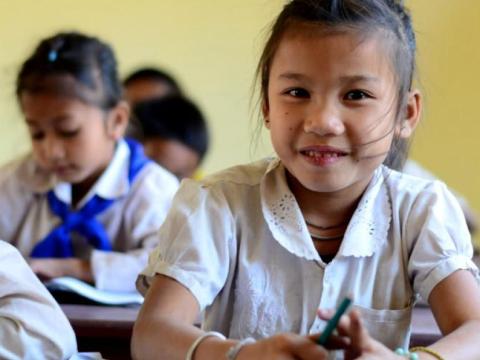
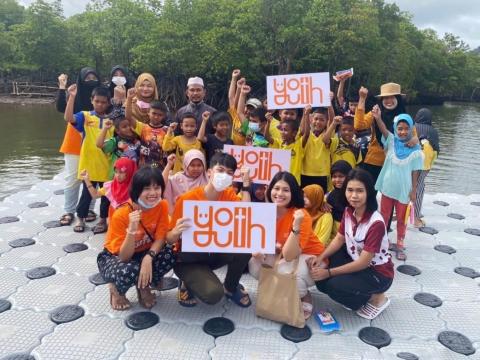
Positive Youth Development
Positive Youth Development (PYD) is a conceptual framework for a multi-sectoral, assets based approach to adolescent and youth development.
Featured Articles
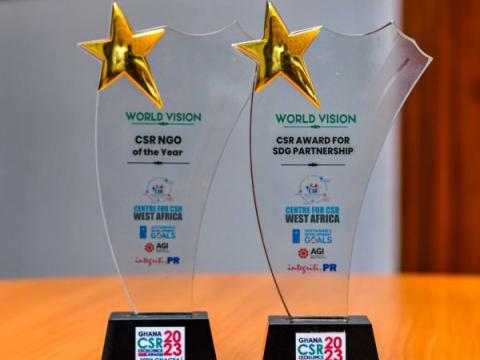
Moving forward in Education
Unlock Literacy
Globally, 70% of children in low and middle income countries live in learning poverty, and even if they attend school, are not able to read and understand a simple text. Unlock Literacy is World Vision's evidence-based approach to ensuring children, especially the most vulnerable, read with comprehension and develop a love of learning, working in partnership with children, their families, communities, teachers, schools, and education systems.
READ how World Vision Ghana wins a prestigious award through Unlock Literacy.
LEARN MORE .about Unlock Literacy ..


